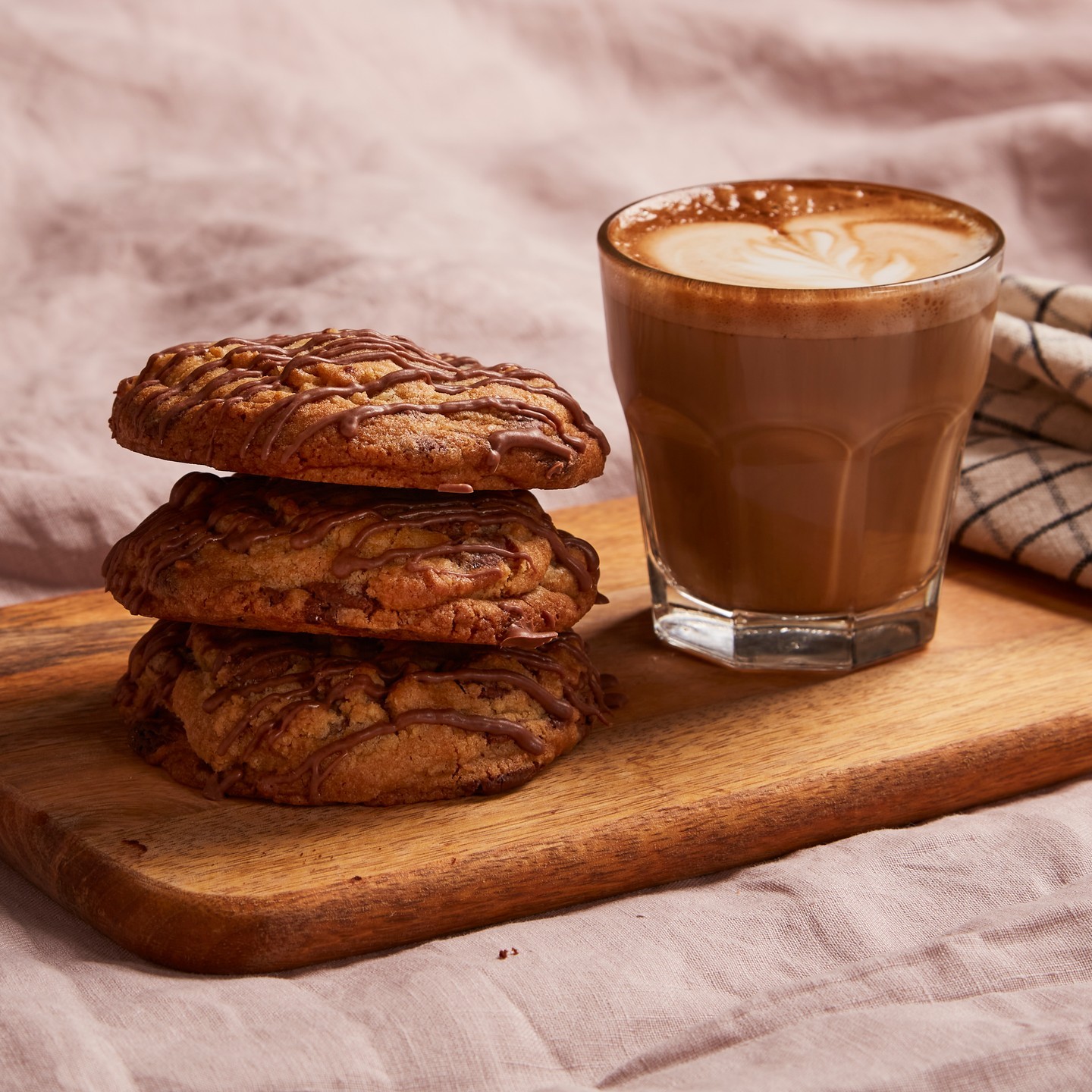Butter, margarine and oil: a baker's guide

Bake a cake without butter, margarine or oil? Fat chance! These and other fats are essential for creating a moist, fluffy crumb in your sponge and deliciously flaky golden pastry.
Here we discuss the differences between butter, margarine spreads, shortening, lard and oil so that you can have a better understanding of the role fats play in your baking.
Butter
Butter is the favoured fat to use in cakes and bakes and we use unsalted butter for all of our cakes in the bakeries. It is made from churned cream, a process that separates the butterfat from the buttermilk. It is typically made from cow’s milk and is yellow in colour.
The high fat content of butter keeps the sponge moist and tender whilst also providing a delicious buttery flavour that you won’t get with margarine or oils.
Let your butter come to room temperature if baking a sponge, keep it as cool as possible in the refrigerator if making pastry or scones.
We don’t recommend substituting your unsalted butter for salted butter in a recipe as this adds extra salt to your recipe and can affect the flavour.
Margarine/non-dairy spreads
Loved for its ease of spreading and scooping, margarine has long been a choice ingredient for bakers as its soft texture makes it light work to whip up into buttercream frosting or to cream into sugar for a sponge cake.
Whereas butter is an animal fat, margarine is made using vegetable oils but it may contain milk. If you want to use a vegan spread to bake with you can, just check the label to see if it is suitable for baking.
Margarines can be made out of many different oils and the process of hydrogenation makes the oils into a solid spread at room temperature. It varies from pale yellow to yellow in colour.
It was originally invented as a cheaper alternative to butter. Margarine contains fat, as butter does, but it also contains trans-fats due to the hydrogenation process which you may wish to avoid.
Look on the label to check your margarine or non-dairy spread is suitable for baking. If the water content is too high it won't be suitable for baking but each tub will give you a recommendation for its uses and tell you whether it can be used for that purpose. Typically the fat content should be over 75 percent if you want to bake with your margarine.
Shortening
Shortening is a general term for fat used in baking and now we use the word shortening more specifically to describe vegetable oil that has been hydrogenated.
Vegetable oil is the base of shortening and it is hydrogenated like margarine to make it into a solid block for cooking.
Shortening is great for making pastries, cookies and cake thanks to its high fat content. This means it is also good for frying as it has a higher smoke point.
It has a neutral flavour, so bear in mind if you use shortening you won’t get the same buttery flavour that you get from using real butter.
Lard
A winner for pastry, lard is made from rendered and unrendered pork fat.
It is high in cholesterol as it is an animal fat but contains less saturated fat than butter. You’ll find that lard is excellent at creating a very flaky pie crust and soft, rich cookies.
Don’t worry, there is no taste of bacon or pork in lard, it is very neutral tasting and is also good for frying and roasting.
Vegetable oil
Sourced from a variety of plants, vegetable oils are sometimes called for in recipes that require a very moist sponge.
Vegetable oils have a neutral flavour and work well in cupcakes, cakes, pancakes and cookies. As they are liquid fats, they are very easy to mix in and make for a very tender sponge, cookie or pancake.
You’ll often see vegetable oil as a wet ingredient to be added to box cake mixes and it makes for a very glossy, runny batter.
